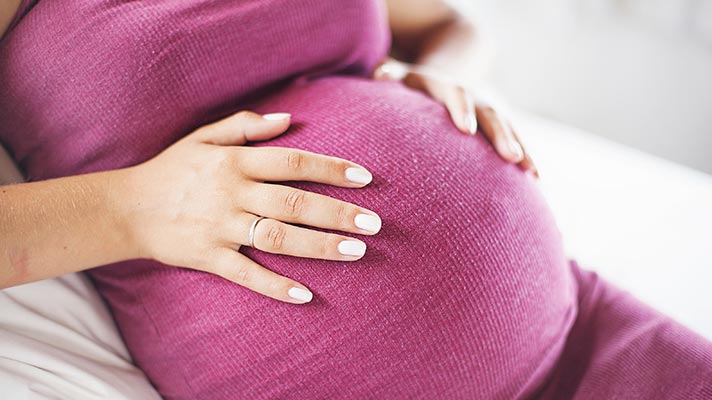
What to Expect Your Third Trimester of Pregnancy
Take a deep breath – you’re in the home stretch. The last three months of your pregnancy can feel exhilarating, or they might seem to drag on forever. No matter what you’re feeling at this point, Women’s Medical Associates of Nashville is here to guide you through the last three months. We’ll end our pregnancy series with a few things to expect during this critical trimester.
Large Breasts
The breasts that began growing during your first trimester might now weigh as much as two pounds. If they are especially sore, talk to your doctor. She can recommend some mild over-the-counter pain relievers. Wear supportive bras at least one size larger than normal. The yellow fluid you may see leaking from the breasts is your colostrum. It will nourish your baby during the first few days after birth.
Discharge
A vaginal discharge should not be confused with bleeding. Normal discharge at this point is thick and clear, though it may be blood tinged. This is your mucus plug. Its presence means your cervix has begun dilating. Sudden rushes of fluid don’t mean your water has broken – only about 8% of women experience pre-labor water breakage. If the discharge is heavy or turns to blood, or if you start to bleed consistently, call your doctor.
Fatigue
Your energy level may swing back toward your first trimester fatigue. This can be frustrating after all the energy of your second trimester, but listen to your body. Get plenty of rest and do the activities that feel comfortable to you. Exercise, but keep it moderate, especially during summer or winter pregnancies. Ask your doctor which routines are best for you. Keep your diet healthy and drink plenty of water. Be aware fatigue may cause your emotions to go haywire. If you experience frequent mood swings, be honest with your partner, family, and friends. If you experience severe anxiety, rage, or prolonged crying spells, talk to your doctor. She may recommend short-term therapy sessions or safe anti-depressants.
Frequent Urination
By this point, the baby’s head may press on your bladder, and this pressure means more trips to the bathroom. You might have to get up several times a night. This is normal but frustrating, so take a few steps to prevent unwanted bathroom trips. Don’t drink fluids before bed. Go to the bathroom whenever you need to, even for the slightest pressure. Wear a panty liner or pad since leakage can occur during exercise or when you laugh, cry, or cough. Stay hydrated during the day to prevent kidney or bladder infections.
If you have additional questions, be sure to discuss them with your doctor at Women’s Medical Associates of Nashville.
